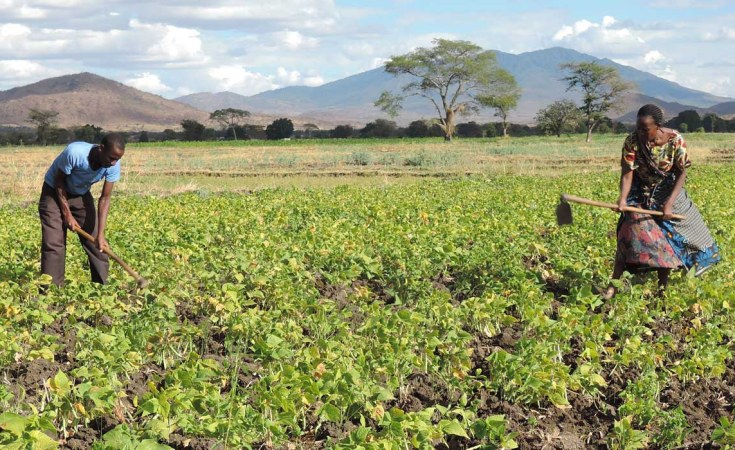Geneva — The World Health Organization warns a lack of humanitarian aid is driving millions of hungry people in the Horn of Africa to engage in desperate measures to survive.
Conditions in the Horn of Africa are worsening. Conflict, climate change, and the COVID-19 pandemic have turned the region into a hunger hotspot. That is having disastrous consequences for the health and lives of millions of people.
A recent U.N. analysis of the food situation in the region found 37 to 50 million people as being in what is classified as IPC phase 3. The World Health Organization explains that level of food insecurity forces people to sell their possessions to feed themselves and their families. At that stage of crisis, it says malnutrition is rife and special nutritional treatment is needed.
Sophie Maes is the WHO incident manager for drought and food insecurity in the greater Horn of Africa. Speaking from the Kenyan capital, Nairobi, she says the WHO and other aid agencies are unable to provide the help needed to stave off hunger and ill health because of a severe funding shortage.
"Normally what you do in this kind of situation is you do blanket supplementary feeding so that people do not slide further into malnutrition," said Maes. "This is not being well funded at the moment due to the competing crises that are going on."
She notes the World Food Program ran out of money and had to cut rations for many beneficiaries to be able to support those most in need. She says health risks have been compounded by four years of consecutive drought. She says the hoped-for reprieve is unlikely to come as forecasts indicate the upcoming rainy season is expected to fail.
She says growing numbers of people are engaging in risky behavior just to get something to eat and support their families.
"People are desperate to get money. So, there is survival sex going on. There is more violence, fighting for the meager resources. And, also, gender-based violence going up with women having to go farther to find food and water," said Maes. "So, as they are further away from where they live, they are more prone to be attacked."
The WHO says it needs nearly $124 million to spend through the end of the year to protect lives in the fragile region. It says the money will provide millions of people with the aid they need to fight disease outbreaks, provide life-saving nutritional feeding for severely malnourished children, and ensure they have access to health services.


